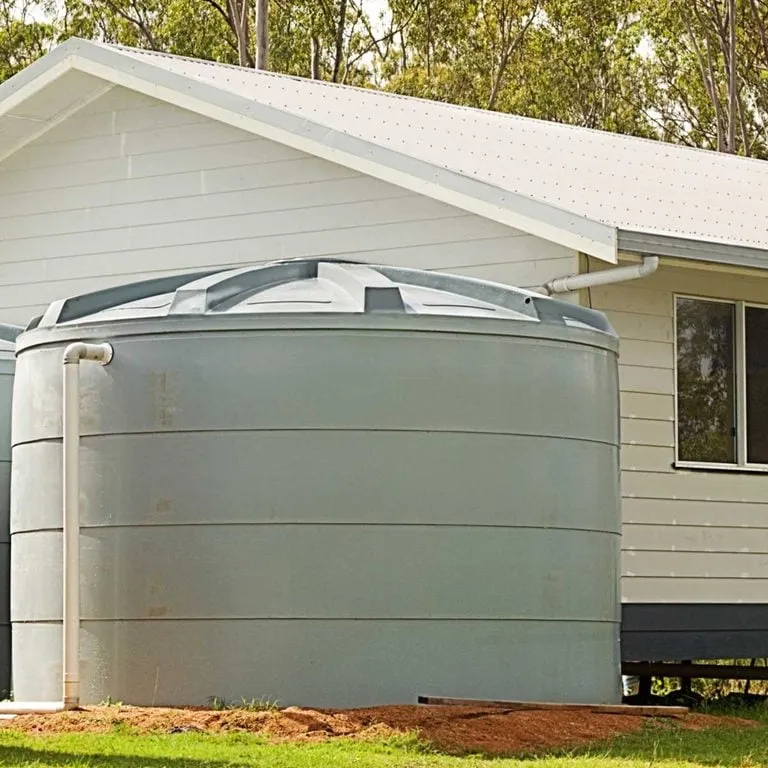Living off the grid in a remote location can present many challenges, one of the most crucial being access to clean and reliable water. Traditional water supply systems may not be feasible or cost-effective in such areas, making off-grid water systems a sustainable solution for remote living.
What are Off-Grid Water Systems?
Off-grid water systems are self-contained water supply systems that operate independently of municipal water sources. These systems are designed to provide a reliable and sustainable water supply for homes and communities located in remote areas where access to traditional water infrastructure is limited or nonexistent.
Types of Off-Grid Water Systems
There are several types of off-grid water systems that can be used in remote locations, including rainwater harvesting systems, well water systems, and surface water systems.
Rainwater Harvesting Systems
Rainwater harvesting systems collect and store rainwater from rooftops or other surfaces for later use. This water can be used for drinking, irrigation, and other household purposes. Rainwater harvesting systems are cost-effective and environmentally friendly, making them a popular choice for off-grid living.
Well Water Systems
Well water systems extract water from underground aquifers through the use of a well pump. This water is then stored in tanks or cisterns for use in homes and buildings. Well water systems are a reliable source of water for off-grid living, but they require regular maintenance to ensure water quality and availability.
Surface Water Systems
Surface water systems draw water from rivers, lakes, or streams for use in off-grid homes and communities. This water is typically treated and filtered before being stored in tanks or cisterns. Surface water systems are a sustainable option for remote living, but they may be subject to seasonal variations in water availability.
Benefits of Off-Grid Water Systems
Off-grid water systems offer several benefits for remote living, including:
- Independence from municipal water sources
- Cost-effective water supply solutions
- Environmentally friendly water harvesting methods
- Reliable access to clean water in remote locations
Challenges of Off-Grid Water Systems
While off-grid water systems offer many advantages, they also come with their own set of challenges. These challenges may include:
- Initial installation costs
- Maintenance and upkeep requirements
- Water quality and treatment concerns
- Seasonal variations in water availability
Conclusion
Off-grid water systems are a sustainable solution for remote living, providing reliable access to clean water in areas where traditional water infrastructure is not feasible. By utilizing rainwater harvesting systems, well water systems, or surface water systems, off-grid communities can ensure a sustainable water supply for their homes and buildings. While these systems come with their own set of challenges, the benefits of off-grid water systems far outweigh the drawbacks, making them an ideal choice for remote living.
#OffGrid #Water #Systems #Sustainable #Solution #Remote #Living


